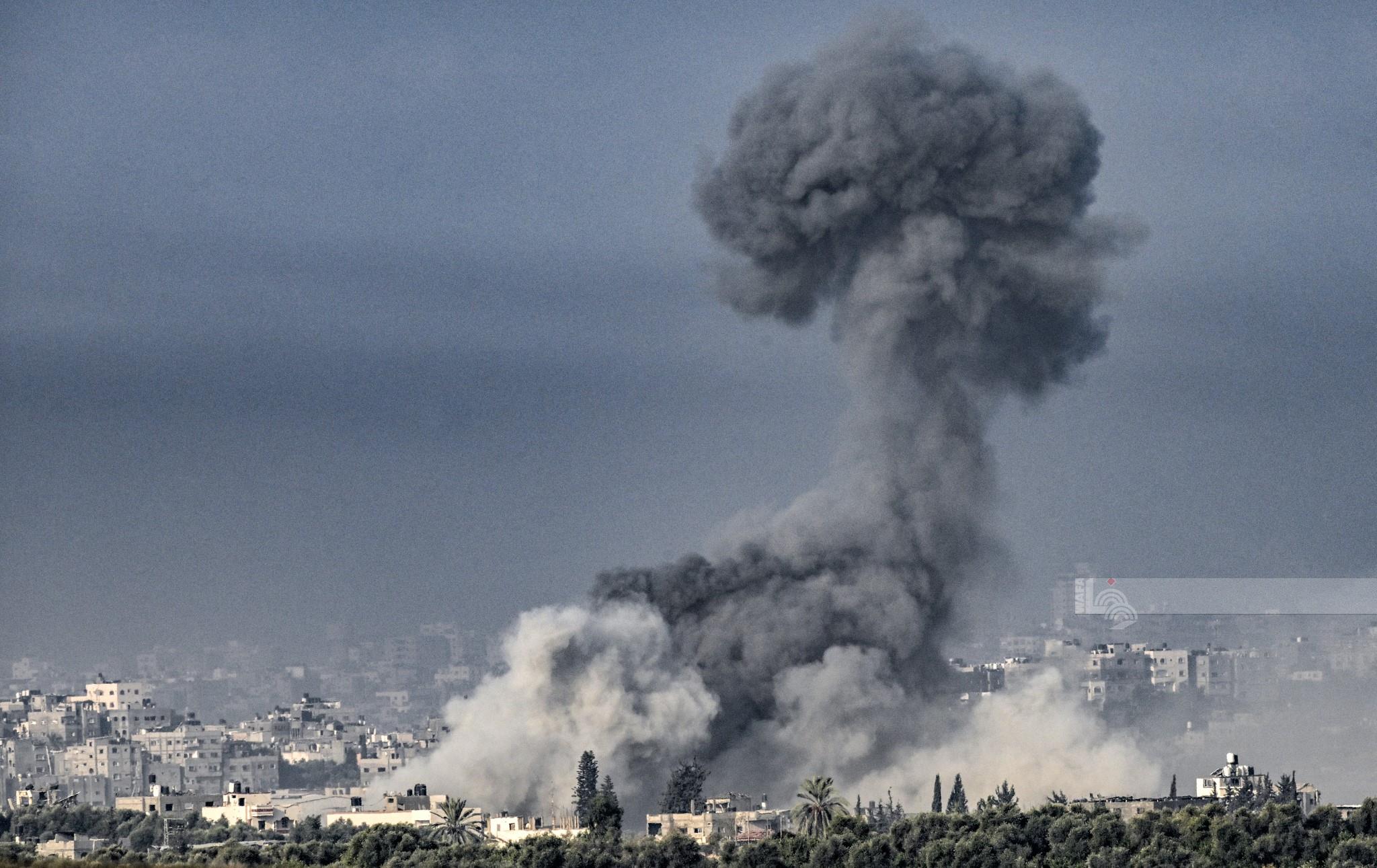On August 8, the leaders of Qatar, Egypt and the U.S. issued a joint statement calling for the resumption of indirect negotiations between Israel and Hamas on Thursday, which are taking place in Doha.
Iran is reportedly considering sending a representative to Thursday’s ceasefire talks, as U.S. President Joe Biden’s top Middle East adviser Brett McGurk visits the region in a bid to reach a captives release and Gaza ceasefire deal.
Two senior Iranian officials told Reuters on Tuesday that while Iran’s representatives will not directly attend the meetings, they will engage in behind the scenes discussions “to maintain a line of diplomatic communication” with the U.S.
However, Iran’s mission to the United Nations in New York told the news agency that Iran will not have a representative on the sidelines of the talks. Reuters also reported that officials in Doha, Washington and Cairo did not immediately respond to its questions on the matter.
Three senior Iranian officials also stressed that a ceasefire deal in Gaza would stop Iran’s direct retaliation against Israel for the assassination of Hamas political chief Ismail Haniyeh in Tehran on July 31.
Israel has yet to claim the assassination of the Hamas chief despite global condemnations, including ones from mediators Qatar and Egypt.
The assassination of Haniyeh came hours after Israel killed Hezbollah commander Fouad Shukur in Beirut on the evening of July 30, where five people, including two children, were also killed.
The escalatory moves have fueled regional tensions that have been already on the rise following Israel’s genocidal war in the Gaza Strip, where it killed nearly 40,000 people.
Iran and the Axis of resistance have vowed to retaliate by directly attacking Israel, though the timing of the response has remained unclear.
Top U.S. envoys travel to the region
On August 8, the leaders of Qatar, Egypt and the U.S. issued a joint statement calling for the resumption of indirect negotiations between Israel and Hamas on Thursday, which are taking place in Doha.
In a statement on Sunday, Hamas demanded a plan that would obligate Israel to implement the ceasefire and captives release deal instead of back and forth negotiations.
The Palestinian movement noted that Israel blocked efforts to reach a deal whereas it previously agreed to the mediators’ proposal on May 6 and welcomed Biden’s proposal on May 31, which witnessed a majority vote at the United Nations Security Council.
According to Axios, CIA director Bill Burns is expected to lead the U.S. team during the negotiations in Qatar on Thursday.
Initial reports said U.S. Secretary of State Antony Blinken was travelling to Qatar, Egypt and Israel starting from Tuesday evening. Axios reporter Barak Ravid, citing two sources, said Blinken reportedly postponed his trip due to the “region’s uncertainty.”
On Tuesday, White House Press Secretary Karine Jean-Pierre told the press in Washington that Biden’s top Middle East adviser is scheduled to travel to Qatar on Wednesday after a stopover in Egypt on Tuesday.
The discussions in Cairo reportedly centered on finalising security arrangements on the Egypt-Gaza border and Philadelphi corridor.
Israel had invaded and destroyed the vital Rafah Crossing on May 6, preventing the entry of lifesaving humanitarian assistance and medical evacuations.
Jean-Pierre added that Biden’s senior adviser Amos Hochstein also travelled to Lebanon on Tuesday, in what appears to be an attempt to de-escalate between Israel and Hezbollah.
“National Security Advisor Jake Sullivan has directed Coordinator for the Middle East Brett McGurk and Senior Advisor AmosHochstein to travel to the region. Brett will travel to Cairo and then onwards to Doha. Amos will travel to Beirut,” she said.







